Your Birth Matters
“I transformed after birth…I became a mother. It was the scariest yet most joyful feeling I’d ever experienced.”
~Laurie McGowan, prenatal educator and doula in Calgary, Alberta
Birth matters deeply for every person involved- the mother, her partner and even their baby. In many ways the impact of childbirth is totally unknown and unknowable until after the birth process.
And yet, we fail to understand the powerful impact of birth on the woman and her entire family.
Here are some reasons why the birth matters so much:
The emotional impact on the mother-
Women are often surprised by the deep emotional impact that birth has on them. While culturally we seem more concerned with preparation for the nursery than the actual birth, the way you feel when giving birth will be much longer remembered than the color of the bedding and will likely be a stronger emotional trigger.
This emotional impact can be powerful. Women who perceive their birth experience in a negative light are more likely to experience postpartum depression and posttraumatic stress disorder. Factors that can contribute to this include increased obstetric intervention, fear of childbirth, levels of support, the perceived care experienced during birth1 and previously existing emotional factors2. The childbirth experience is so powerful, that trauma during this time can even lead to posttraumatic stress.3
The emotional impact on the partner-
The many couples who prepare for and achieve a positive birth experience together are perfect examples of the positive impact that birth can have on not just a mom, but her partner as well. But the impact of birth on the partner is not always empowering.
There are reports that a traumatic birth experience can have a profound impact on the birthing woman’s partner.4 These partners often feel helpless and frightened during the experience and are left with emotional scars where there could be joy and pride. Nobody likes to see someone they love being treated poorly or suffering. Birth matters to the partner.
The physical impact on the birthing woman-
Mode of delivery has an obvious physical impact on the mother. Mothers who experience birth with serious interventions such as episiotomy or cesarean section may find that they have lasting physical effects from fecal incontinence to scar pain or nerve damage. Even fertility can be effected.
The physical impact of cesarean section increases with each subsequent cesarean section, drastically so with some issues. Data shows clearly that cesarean section increases chance of blood transfusion, uterine rupture, unplanned hysterectomy and ICU admission.5
Even episiotomy, the cutting of the tissue between the rectum and vagina, while considered a smaller intervention than cesarean, can have lasting physical negative effects on the mother.6
The physical impact on the baby
It has long been known that mode of delivery can impact the fetal lungs and that babies born by elective cesarean section have more trouble breathing.7 The simple act of labor and the massaging of the fetal lungs is an important preparation for life outside the womb.
New research is also focusing on the microbiome of the baby. These studies find that maternal “seeding” of healthy bacteria on the newborn has long lasting health benefits and those babies that don’t receive this can have problems such as asthma and allergies. 8, 9, 10
Of course, when a cesarean section or antibiotics in labor are necessary, the benefits far outweigh the risks, but what harm is done unnecessarily when these interventions are simply overused?
~
Birth matters to the birthing mother, her partner, and her baby. The impact of birth is powerful, often in ways we can hardly imagine when we innocently pick out ruffled clothes, baby gadgets, and nursery themes. Few of us realize how birth will change our bodies, our emotions, our relationships and our future reproductive health.
We are passionate about birth because we are mothers who know and understand the power of birth.
We know that education can have a positive impact on all of these factors. Not only can education impact how the birth plays out (students in our childbirth education classes have lower cesarean section and medication rates), but it also can help with processing and understanding when interventions are necessary.
Childbirth education can reduce fear and help women and their partners cope with a birth that went as planned- and one that did not go as planned. A live childbirth class also helps a mom build the community that she and her partner will need for support after the birth.
We can measure some of the power of birth with studies, like those cited below. But much of the power of birth cannot be understood without listening to women and their partners.
Your birth matters for you and all people involved. Don’t just prepare for the nursery. Prepare for an amazing birth.
We so appreciate the quotes shared by our instructors and doulas about the impact their births had on them. Kim Graves teaches birth classes in Whidbey Island, WA. Ebon’nae Piggee teaches childbirth classes in DeSoto, Texas. Brooke Harralson is a doula in Fort Worth, TX.
- http://www.ncbi.nlm.nih.gov/pubmed/11251488
- http://www.ncbi.nlm.nih.gov/pubmed/10789027
- http://onlinelibrary.wiley.com/doi/10.1111/j.1471-0528.2008.02083.x/full
- http://www.independent.co.uk/life-style/health-and-families/health-news/why-the-trauma-of-childbirth-on-fathers-is-no-joke-8572222.html
- http://www.cdc.gov/nchs/data/nvsr/nvsr64/nvsr64_04.pdf
- http://www.ncbi.nlm.nih.gov/pmc/articles/PMC27253/
- http://www.ncbi.nlm.nih.gov/pmc/articles/PMC2453515/
- http://gut.bmj.com/content/53/9/1388.2.long
- http://www.pnas.org/content/107/26/11971.abstract
- http://pediatrics.aappublications.org/content/early/2013/01/08/peds.2012-1449.abstract
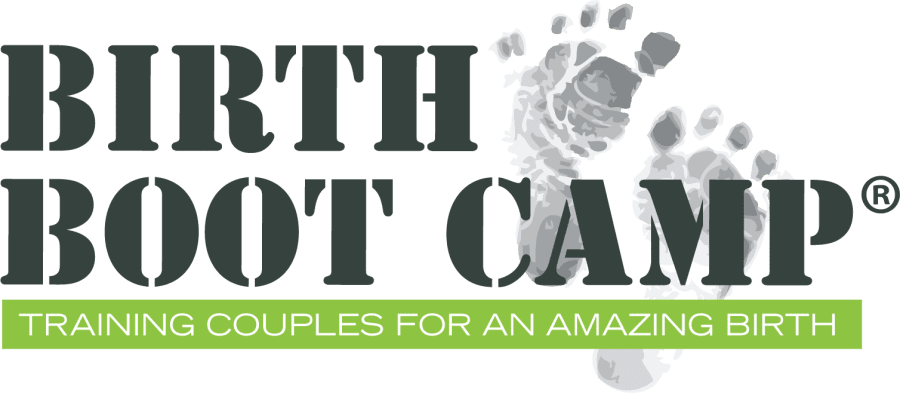

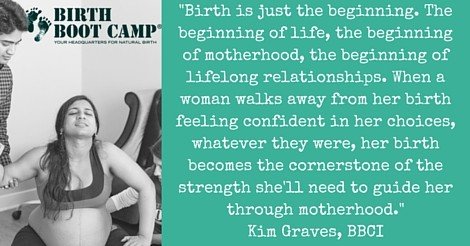


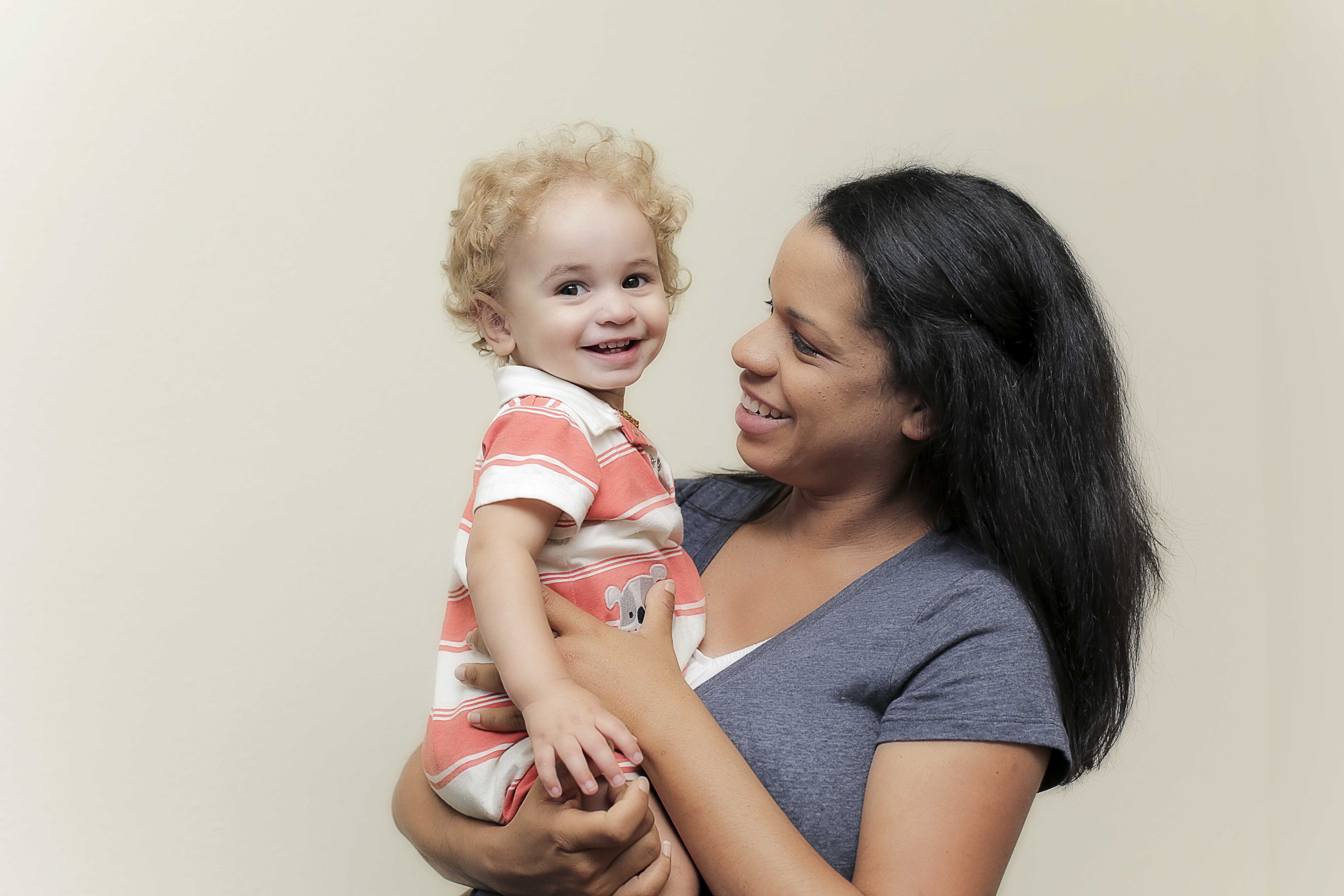
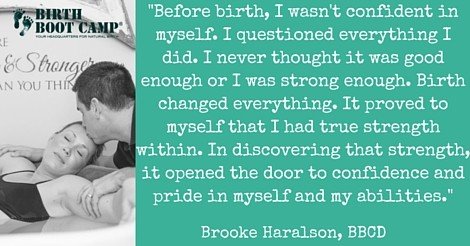
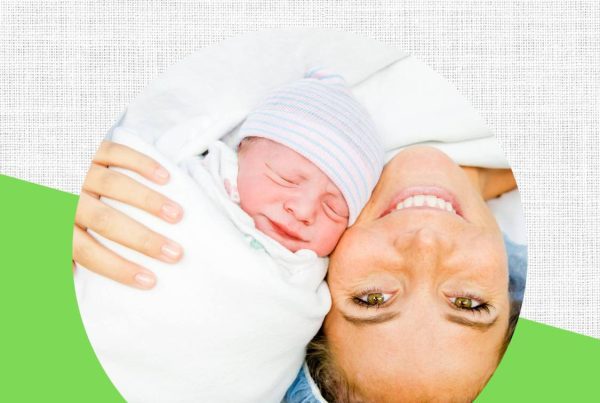

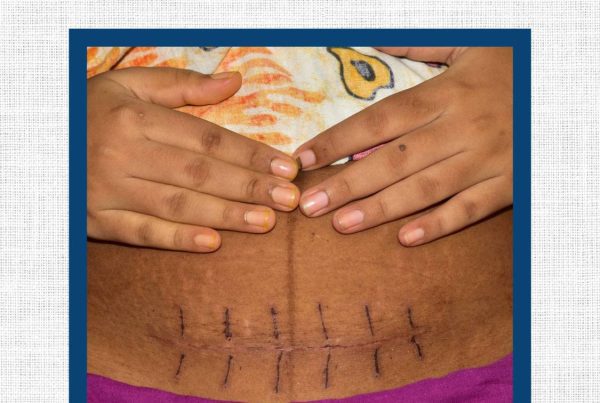
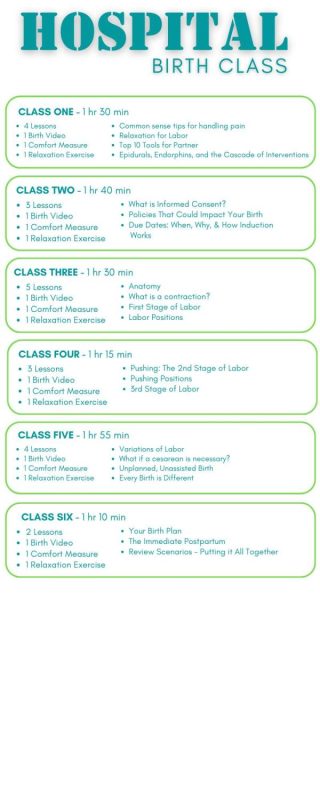
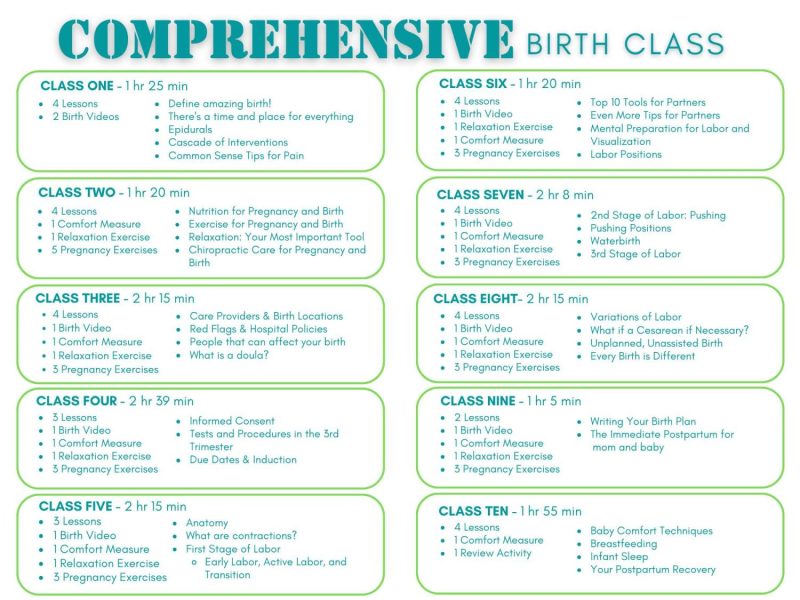


I wish there would have been a class like this available back in the day for me when I was pregnant. The simple fact of learning the risks and benefits that come with different delivery options so we can make informed decisions would be quite comforting.